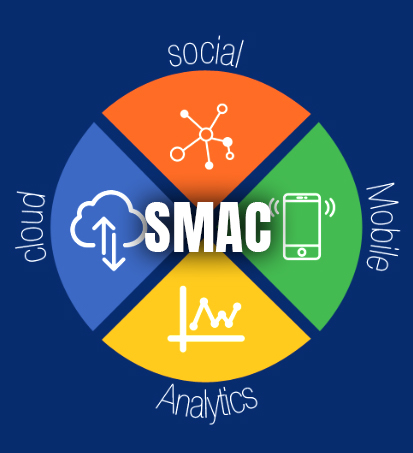
A strong value proposition is more than just stating what your business offers; it’s about understanding your customer’s needs and showing how you can solve their problems. Its effectiveness depends on how well your prospects perceive and engage with it. To create a compelling value proposition, listen to your target audience and address their pain points. Successful brands stand out by focusing on growth and strategic differentiation. Ultimately, your value proposition must align with the value you deliver, ensuring customer expectations are met.
In today’s digital-first world, where customer experiences, expectations, and perceptions are constantly evolving, businesses must take an ‘outside-in’ approach to optimize their value chains. With technological advancements like IoT, SMAC, and ZMOT shaping market dynamics, it's essential to differentiate between value-add and non-value-add activities. A strong value proposition promises real benefits, ensuring that businesses deliver outcomes aligned with customer expectations while continuously improving their processes.


If you're a CIO or VP of IT in a professionally managed organization and haven't yet introduced IoT in some capacity, you're likely falling behind. At the very least, you’ve probably participated in the IoT conversation and completed a POC. If your budget allows, you may have advanced to an MVP or production pilot—great job! Today, two primary architectures dominate: the well-established enterprise systems architecture, tailored to each organization’s unique needs, and the new-age IoT/IIOT or connected architecture, which powers emerging use cases and is expected to grow at an impressive 45% year-over-year.
If you're a CIO or VP of IT in a professionally managed organization and haven't yet introduced IoT in some capacity, you're likely falling behind. At the very least, you’ve probably participated in the IoT conversation and completed a POC. If your budget allows, you may have advanced to an MVP or production pilot—great job! Today, two primary architectures dominate: the well-established enterprise systems architecture, tailored to each organization’s unique needs, and the new-age IoT/IIOT or connected architecture, which powers emerging use cases and is expected to grow at an impressive 45% year-over-year.
